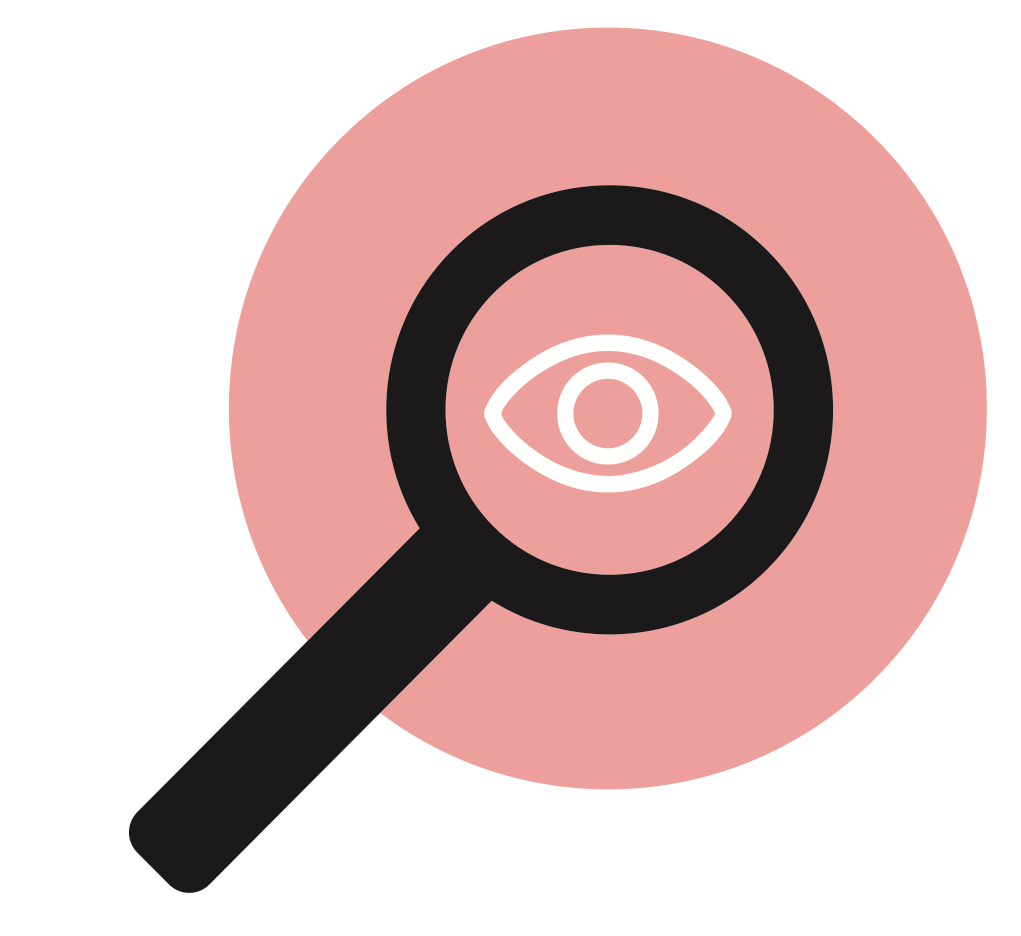Our psychological self
Previous / Next
The Self
Part 14 - Our psychological self

One of the functions of our mind is to keep in check who we are, and to make sure that everything about us is consistent and neat and tidy (both to ourselves and to other people). Some people use this side of the mind more than others. Some people let this part of their mind rule them with an iron fist – as though this function is the most important aspect of their life.